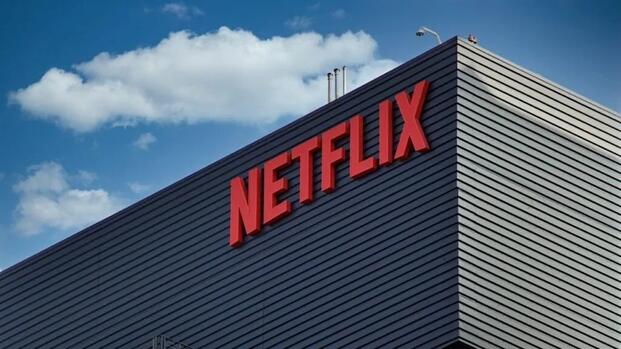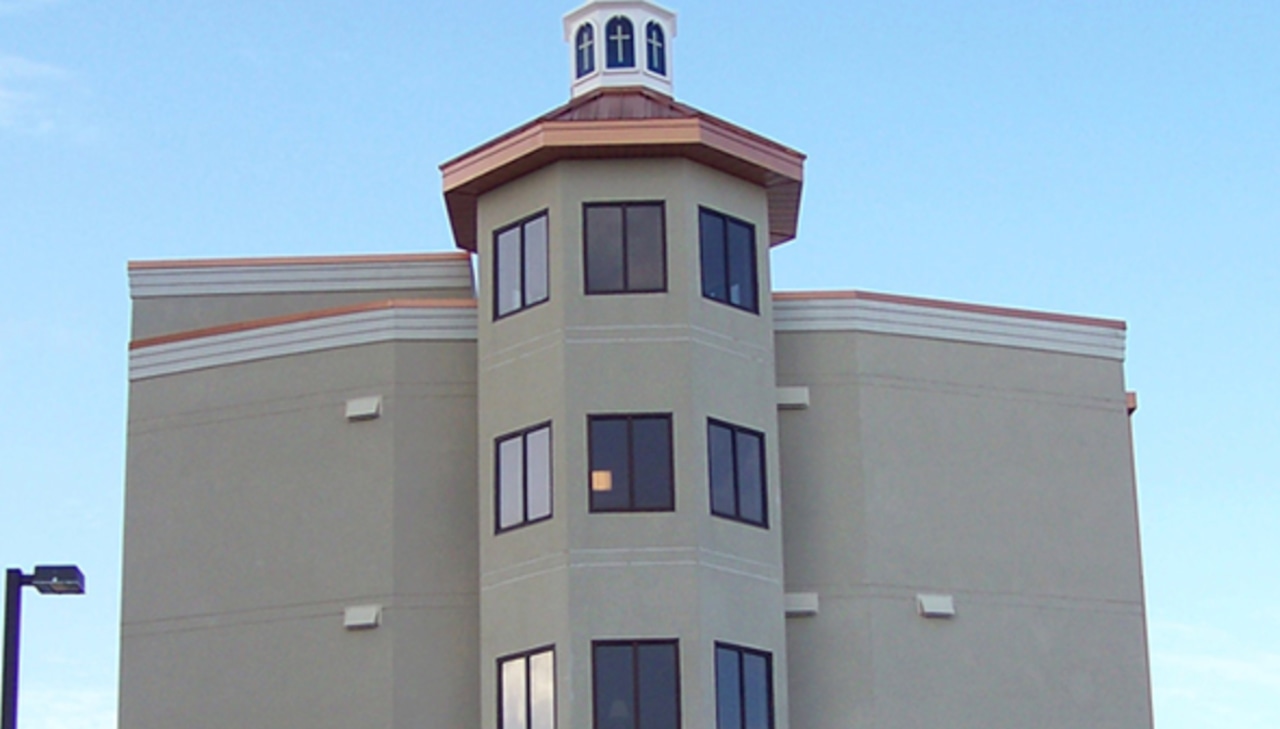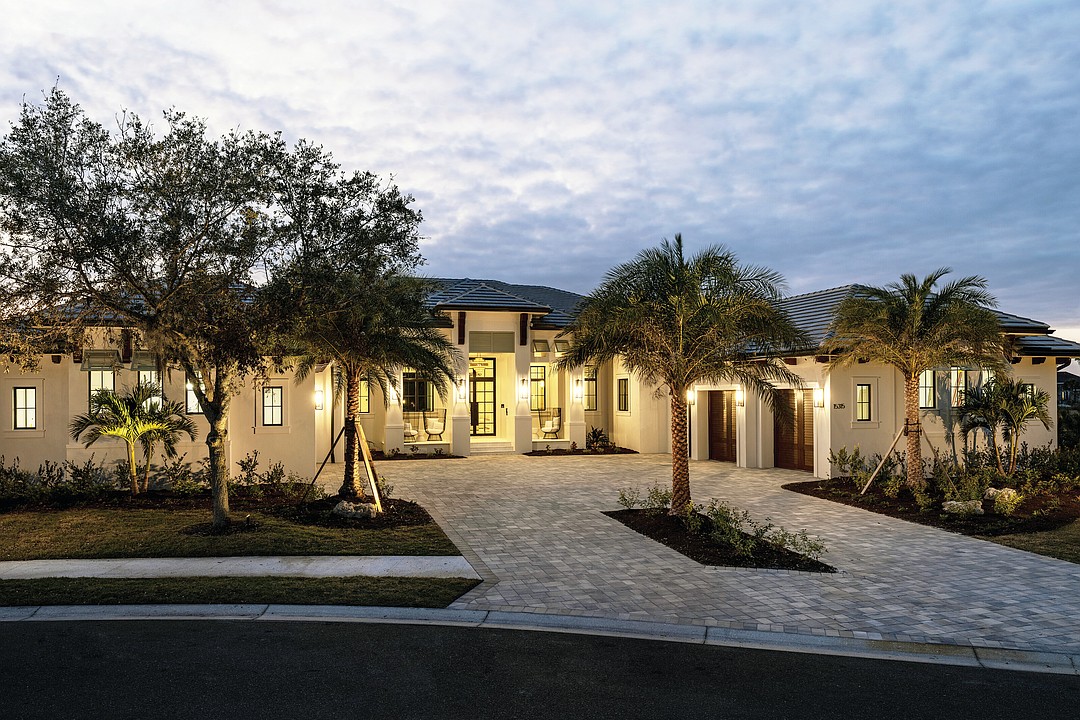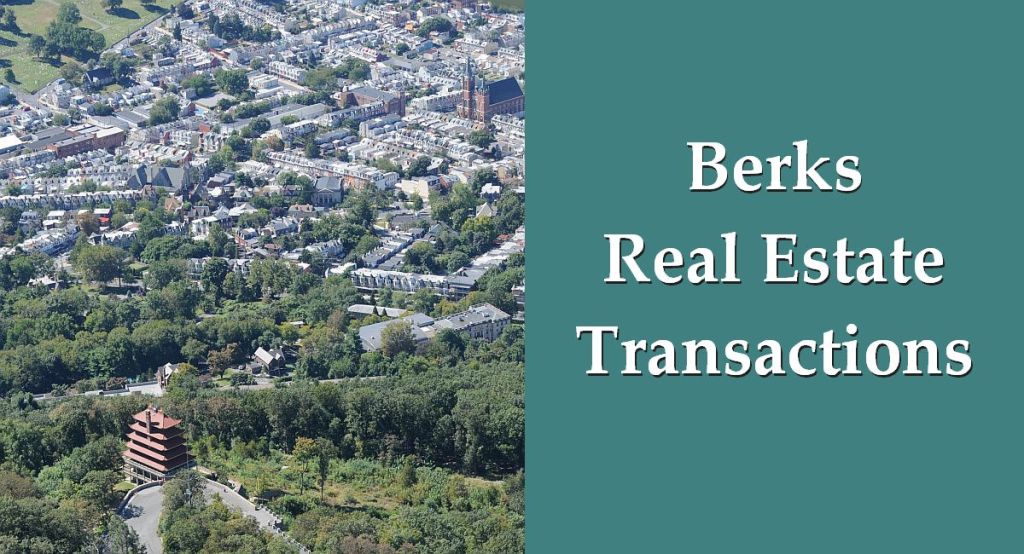N
etflix is moving from a quiet lobbying office to a high‑profile Washington presence. Deadline reports that the company has filed plans with the D.C. Zoning Commission to occupy the historic Woodward & Lothrop building on F Street, converting about 14,000 sq ft of former retail space into a mixed‑use facility that will include offices, a screening lounge, and event space with a red‑carpet entrance.
The proposed location is the ground and second floors of the old department‑store building, a landmark with deep local roots that has long been a fixture in the city’s revitalized downtown core. Douglas Development, the property’s owner, submitted the project as a strategic upgrade for Netflix, signaling the company’s intent to be more than just a name on a door in the capital.
Netflix already maintains a lobbying shop in Washington, like most major studios and streamers. Its current office, a modest space on Pennsylvania Avenue a few blocks from the White House, has served as a simple lobby. The new proposal is far more ambitious. According to the zoning application, the first floor will feature:
* A screening lounge for premieres and private viewings
* A reception and “red‑carpet” area for special events
* Co‑working and open‑plan offices
* Display windows and semi‑public interaction zones
The second floor will house primary workspaces, while the first floor will serve as a highly branded, semi‑public interface that can host a film premiere one night and a Capitol Hill policy roundtable the next.
At first glance this looks like a real‑estate upgrade, but it is more than that. Netflix is planting a flag in the middle of Washington’s power corridor. In a media ecosystem that has been shedding historic venues—such as the Newseum, E Street Cinema, and the White House Theater—the streamer is stepping in with its own premium venue. The 1025 F Street location places the company in the heart of downtown’s rebounding commercial district and just blocks from the Motion Picture Association’s I Street headquarters. The timing is also significant: the East Wing, including the White House Family Theater, was recently demolished by the Trump administration to make way for a controversial $300 million ballroom project, leaving the city with fewer high‑end, secure venues for private viewings by lawmakers, press, and power brokers. Netflix sees an opportunity and is taking it.
The Douglas Development application frames the project as a boost for a still‑recovering downtown: “This investment is an affirmation that the District’s efforts in Downtown are working and more could follow.” The former retail space has sat vacant for years. Transforming it into a high‑traffic, culture‑focused hub—even if not fully open to the public—represents a major upgrade for a corner of downtown that has struggled post‑COVID. Zoning officials still need to approve a modification to allow office and entertainment use instead of retail, but given the alternatives—more vacant space or a generic office—the project has momentum.
Netflix, like every major entertainment company, is fighting on multiple fronts: AI regulation, copyright policy, antitrust pressure, tax credits, FCC rules, and more. Having a polished, multi‑use space in D.C. allows the company to host, influence, charm, and persuade—just as studios have done for decades in L.A. and New York. While the space won’t be open to the general public, the plans specifically mention opportunities for “more extensive interaction with the public realm, particularly during screenings or other similar events.” Hill staffers, think‑tank heads, regulators, and influencers will likely be invited to red‑carpet events within walking distance of the Capitol.
The timing is also noteworthy. Netflix’s lease on its current office expires in November, and the company is facing growing scrutiny from both parties over labor practices, content moderation, and its expanding global footprint. The streaming market is slowing, and competition is fierce. The move has been in the works for months and reflects a broader pattern of media companies investing in experiential, branded spaces as traditional ad dollars and audience loyalty waver. They’re not just selling content anymore; they’re moving into the business of selling influence.
In short, this isn’t Netflix dabbling in real estate. It’s Netflix doubling down on Washington. As other media giants tighten their belts and shed physical space, Netflix is doing the opposite, locking in high‑profile square footage in one of the country’s most politically loaded real‑estate markets. A long‑empty retail shell may become the most strategic red‑carpet venue in D.C.














